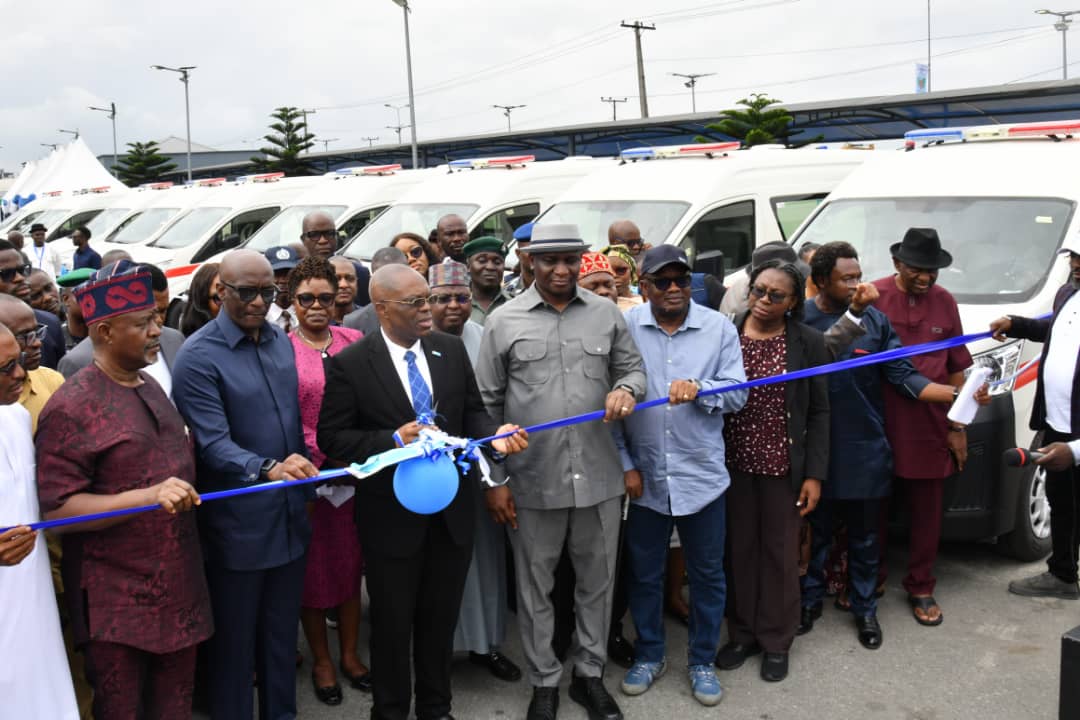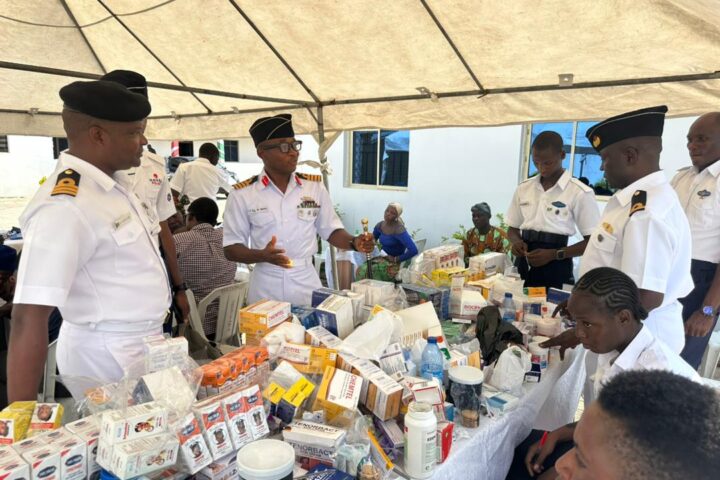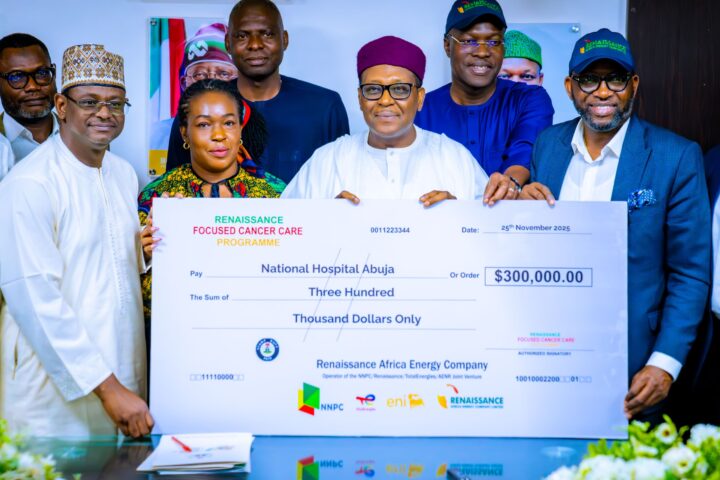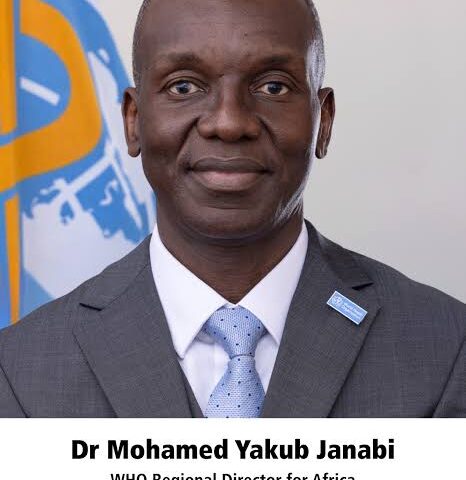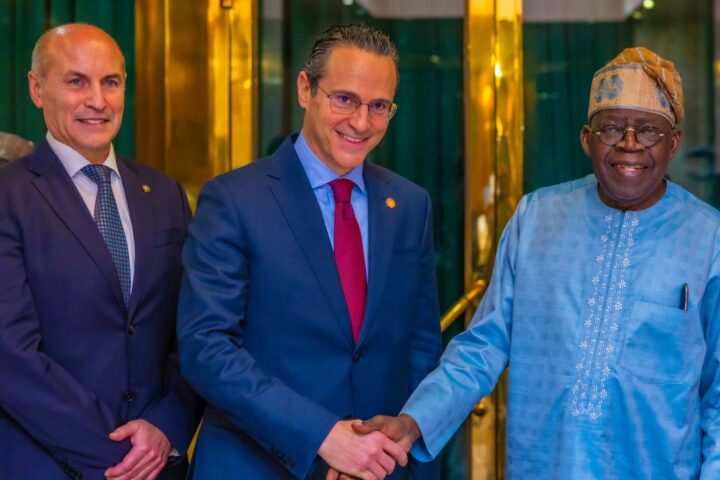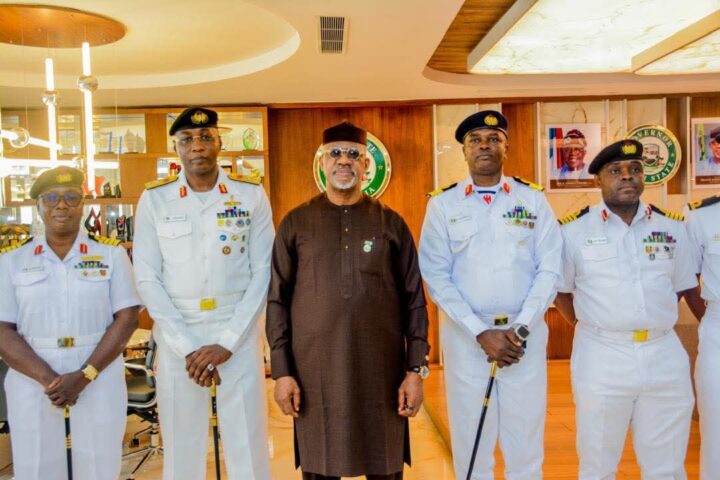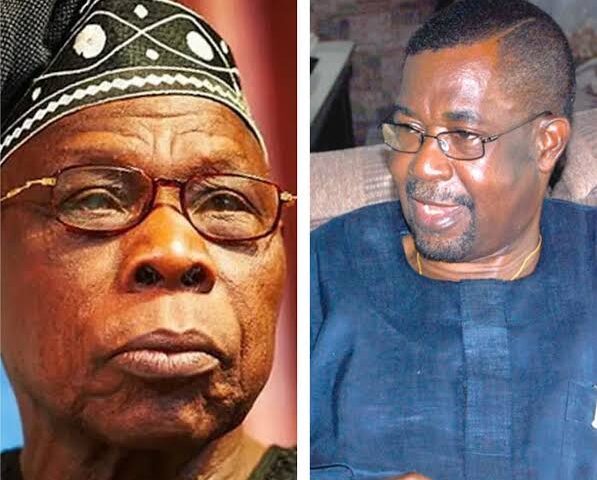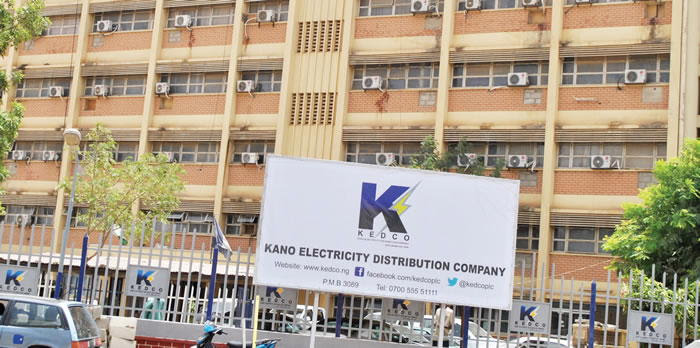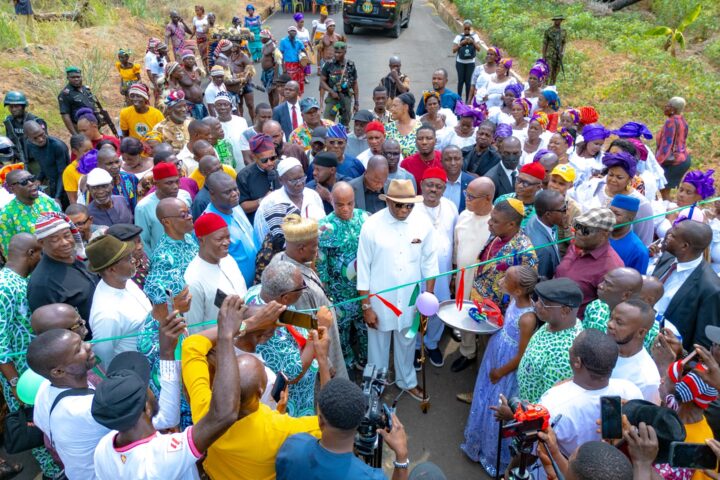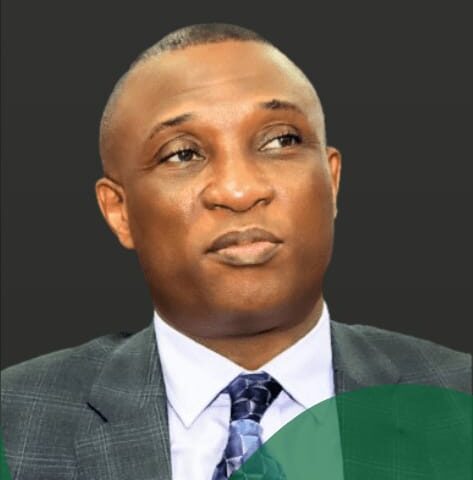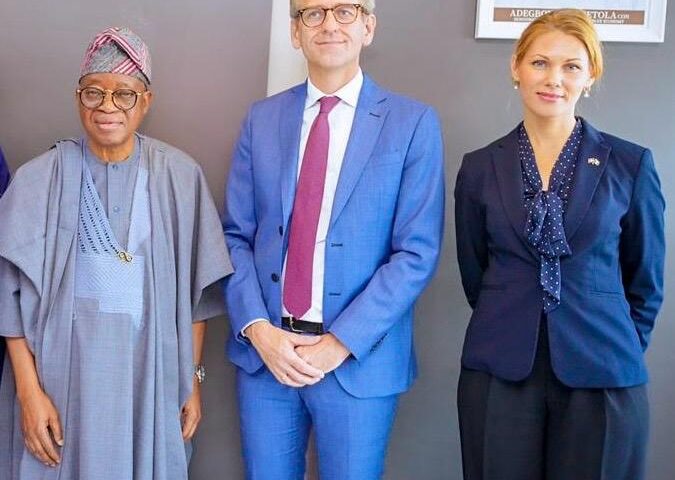Mohammed Shosanya
The World Health Organisation, WHO, has commended the Niger Delta Development Commission, NDDC for taking proactive measures to address the challenge of a looming cholera outbreak in the Niger Delta region.
Its Country Representative to Nigeria, Dr Walter Kazadi Mulombo, gave commendation while handing over a partnership framework to the Managing Director of the NDDC, Dr Samuel Ogbuku, that will drive the development of the region during a courtesy visit at the NDDC headquarters in Port Harcourt.
According to a statement signed by Seledi Thompson-Wakama, Director, Corporate Affairs, Mulombo also commissioned 13 ambulances acquired by the NDDC for distribution to hospitals in its nine mandate states.
He noted that most countries in the world were lagging behind in meeting the United Nations Sustainable Development Goals, SDGs, especially in the area of healthcare.
He said:“There is an urgent need to tackle the global climate change challenge because it brings about various health issues, one of which is cholera outbreaks.
“I congratulate the NDDC for organising free healthcare missions in the Niger Delta region and I look forward to optimising the collaboration we have established so far. We are also preparing to organise a health summit in the region.”
Responding, the NDDC Managing Director, Dr Ogbuku, said that the first phase of the Commission’s free healthcare mission, concluded recently, was very successful as many people benefitted from the programme.
He added: “The free medical outreach has been one of the flagship programmes of the Commission, with documented evidence and abounding testimonies of its beneficial impact in enhancing the quality of life of the rural poor in the region.”
“This programme, which provides healthcare services to medically underserved rural communities in the region, is one of several health programmes of the Commission, targeted at changing the health situation and narrative of our people in the region. It is in line with the United Nation’s Sustainable Development Goals, SDGs, No. 3 which aspires to achieve universal health coverage and ensure health and well-being for all.
“We have successfully treated many medical conditions, including eye surgeries and the distribution of corrective eyeglasses to aid patients in reading small prints and improving their vision.
“Patients have also received various medications for conditions such as malaria, hypertension, diabetes, sexually transmitted diseases (STDs), gastrointestinal disorders, dental care, surgeries for conditions like appendicitis, as well as diagnostic services including, random blood sugar tests.”
Ogbuku said that because of the high demand for the health services, the NDDC decided to carry out the health mission twice a year, rather than once.
The NDDC boss said that the WHO was discussing with the Commission to be part of the free health programme, as well as other health programmes that will benefit the people of the Niger Delta region.
“The participation of WHO will add professionalism and credibility to what we are doing in our medical outreach programme. It will also ensure that those vaccines that we don’t have access to, are procured through them for the benefit of our people.
“We are not only looking at what they will bring to us in terms of funding, we are looking at their contacts, reach and expertise in the medical field.”
Speaking during the commissioning of the 13 new ambulances, the Chairman of the NDDC Governing Board, Mr. Chiedu Ebie, appealed to the benefiting hospitals to put the ambulances to good use in the service of Niger Deltans.
He commended the WHO for partnering with the NDDC in developing the health sector, noting that the NDDC could not do it alone.


